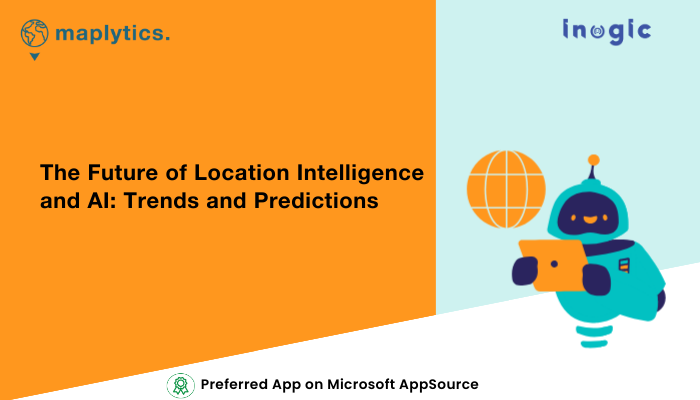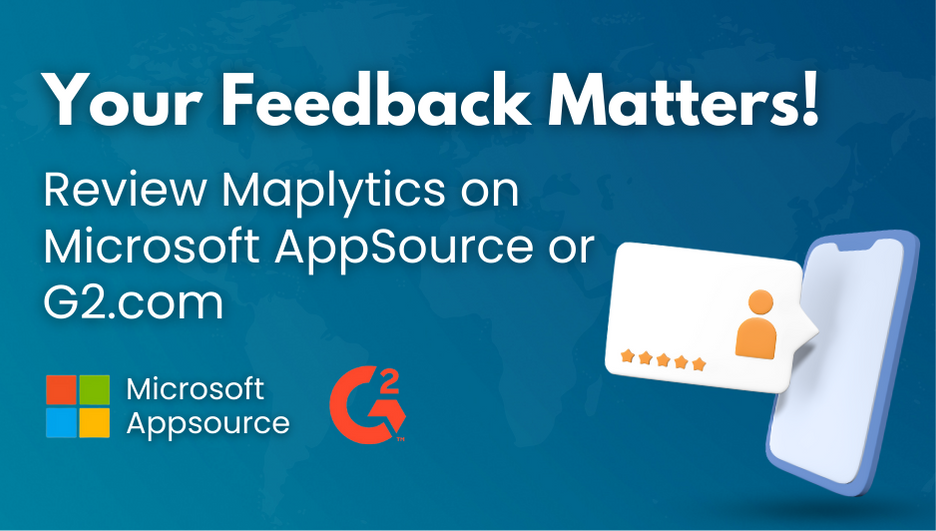The Global Location Intelligence Market is Anticipated to grow with a CAGR of 15.5% during the period from 2023 to 2032, as per a report by Acumen Research and Consulting. The winds of change have been lightly brushing the acceptance of location intelligence in businesses.
Location intelligence Affecting lives
The sensitivity towards locations and places can be witnessed even in the marketing strategies followed by the businesses. This is a reason why a KFC ad during the Christmas holidays in the USA asks people to stay in with their families for Christmas and order from KFC whereas in Japan the narrative asks families to get out of their homes and visit the stores. This is in tandem with a revolutionary tradition started years ago wherein people in Japan throng KFC stores on Christmas Day! Had the marketing teams not been location-sensitive, a single holiday banner would have been promoted across the globe.
Let’s speak numbers
The current location intelligence market resides at USD 20.42 billion. This is projected to grow to USD 54.8 billion in 2032, by Precedence Research. The numbers speak for the growing demand and such a demand is generated only when results are talking. Maplytics is built on the core of location intelligence synched into Dynamics 365 CRM. One of Maplytics’ clients, ReEmployAbility has reported operational savings of $6000 per month this year as against $4500 in 2022.
- Retailers: Retailers use location intelligence to identify new store locations, optimize their supply chains, and target customers with personalized offers.
- E-commerce: E-commerce companies use location intelligence to optimize their delivery routes and provide customers with accurate delivery estimates.
- Financial services: Financial services companies use location intelligence to assess risk and price products.
- Real estate: Real estate agents and developers identify promising new markets and price properties accurately with location intelligence.
Maplytics has helped a plethora of industries in this manner. More can be explored on the Industry Pages.
Location Data in the Insurance Market
A 2023 survey by Willis Towers Watson found that 80% of insurance companies are using location intelligence to improve their operations. This is probably the reason the Insurance Market is expected to grow to $7.9 trillion by 2027 which is $6.3 trillion in 2023. An average American household spending $2621 on Insurance premiums has started spending $2650 in 2023. This could be attributed to better reachouts, relatable marketing, confluence of sales and demographical data, and more. But the bottom line of places being important does outshine!
The advent of Artificial Intelligence
The advent of Artificial Intelligence has revolutionized businesses and lifestyles further. To name a few, today,
- AI-powered chatbots are being used to provide customer service 24/7
- It is being used to develop new drugs and treatments for diseases
- AI is used to personalize education and training programs.
- It is being used to develop self-driving cars and trucks
- AI automates tasks in factories and warehouses and plenty more!
As per statista.com the value of the global Artificial Intelligence market which is nearly 100 billion U.S. dollars, is expected to grow twentyfold by 2030, up to nearly two trillion U.S. dollars. The locationally intelligent businesses combining their strengths with Artificially Intelligent means and platforms can only produce fireworks of growth and unexplainable progress.
AI and LI- a confluence!
Location intelligence combined with AI is a powerful combination that can be used to improve decision-making and operations in a variety of industries.
AI can be used to analyze location data in a variety of ways, including:
- Identifying patterns and trends in human movement, lifestyle, and behavior.
- Predicting future events, such as traffic congestion or customer demand.
- Optimizing routes and schedules.
- Assessing risks and vulnerabilities of the market, etc.
Here are some specific examples of how location intelligence combined with AI can be looked up to
- Retailers could optimize their supply chains and target customers with personalized offers. A retailer might use location data to track the movement of products through its supply chain and identify areas where efficiency gains can be made. The retailer might also use location data to identify customers who are likely to be interested in a particular product and send them targeted promotions.
- Transportation companies could optimize their routes and schedules. A trucking company might use geographical data to track the movement of its trucks and identify areas where traffic congestion is likely to occur. The company could then re-route its trucks to avoid congestion and ensure that deliveries are made on time.
- Insurance companies could assess risk and price policies. An insurance company might identify areas that are prone to natural disasters, such as hurricanes or floods. The company could then use this information to price policies more accurately and offer discounts to customers who live in low-risk areas.
- Government agencies are using location intelligence to improve public safety and disaster preparedness. A city government might use location data to track the movement of crime or to identify areas that are at risk of flooding. The city could then use this information to deploy resources more effectively and to protect its residents.
A majority of the above services are already being utilized by several Maplytics clients. A glimpse of the same can be witnessed here.
Location intelligence combined with AI is a powerful tool that can be used to improve decision-making and operations in a variety of industries. As AI technology continues to develop, we can expect to see even more innovative and groundbreaking applications of location intelligence in the years to come.
What’s More?
The unique features of Maplytics could be experienced when explored more with a trial. One can write to the Team at crm@inogic.com for mapping requirements, a free trial of 15 days, or a personalized demo within Microsoft Dynamics 365 CRM / Dataverse.
To learn more about Maplytics, its applications across industries, and another multitude of features, do visit the Website or the Microsoft AppSource. For further details, one can hop on to the Blogs, Client Testimonials, Success Stories, Industry Applications, and Video Library for a quick query resolution.
Until then,
Happy Mapping!





